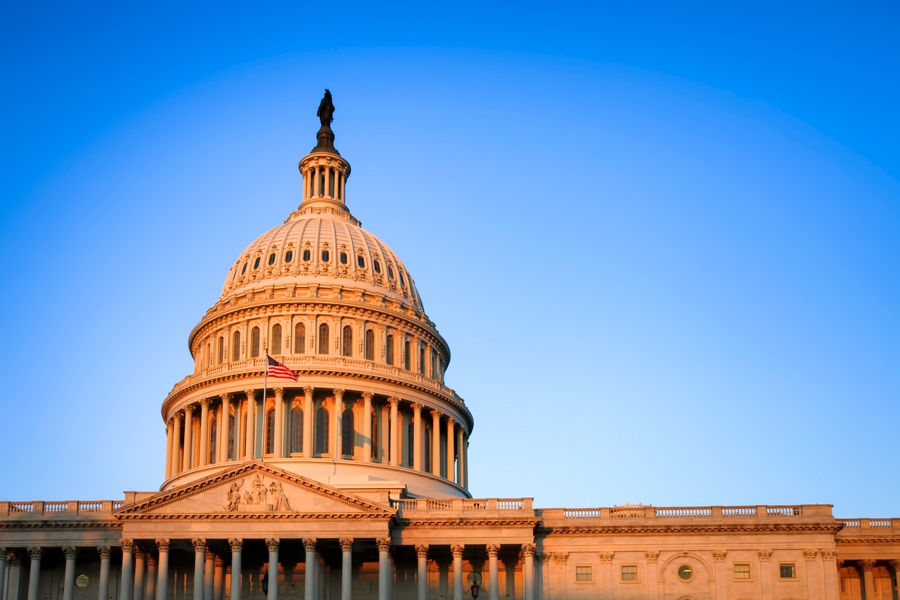

A Senate Republican proposal to cut investment taxes for middle-income Americans to protect their gains from erosion by inflation previews how the party will approach tax policy if takes over Congress next year — and could become part of negotiations for a year-end economic package.
On Wednesday, GOP Sen. Charles Grassley of Iowa, along with three Republican colleagues — Sens. John Barrasso of Wyoming, Steve Daines of South Dakota and James Lankford of Oklahoma — introduced the Middle Class Investment and Savings Act.
The bill would more than double the 0% tax bracket for long-term capital gains and dividends, expanding it from the current $41,675 of taxable income for an individual to $89,075 and indexing the threshold to inflation, according to a summary. Other provisions would exclude some interest income from taxation and ease the net investment tax that helps fund Medicare expansion under the Affordable Care Act.
The measure is meant to be part of the Republicans answer to spiking inflation that's jolting the economy and becoming the primary election issue.
“Sen. Grassley and co-sponsors of the bill are reading the tea leaves of the current concerns families have with inflation,” said Jorge Castro, a member at the Miller & Chevalier.
The bill faces steep political odds as stand-alone legislation, given that Democrats control Congress. But floating the ideas could make them relevant to congressional negotiations at the end of the year over a larger economic package, he said.
“They’re going to inject these proposals into the discussion,” said Castro, a former Democratic tax counsel in the House and Senate. “If they’re unsuccessful in enacting [them], they know Republicans are likely to take the majority in one or both chambers of Congress [in November’s election]. These proposals are likely to feature in a Republican package next year.”
The Grassley bill offers a sharp contrast to Democratic proposals that were introduced as part of the Build Back Better bill, said Tim Steffen, director of tax planning at Robert W. Baird & Co.
Democrats focused on provisions that would raise taxes on the wealthy to fund the Biden administration’s economic priorities in Build Back Better, which has stalled in the Senate. Grassley and his Republican colleagues would cut investment taxes.
“These are very different provisions from what we’ve been planning around and anticipating for the last year,” Steffen said. The Grassley bill and Build Back Better “give you a comparison between the two parties and what they’re trying to accomplish on taxes.”
Although cutting investment taxes for middle-income Americans could potentially appeal to Democrats, Castro said, they would resist the mechanism used to fund the tax cuts — an extension of the cap on state and local tax deductions.
“That’s unlikely to be the payfor,” he said.
As usual with tax policy, it’s clouded in uncertainty. It’s unclear whether the Grassley bill will gain traction this year or be viable depending on the political makeup of Congress next year.
“We always keep an eye on these things,” Steffen said of congressional tax proposals. “We’re not ready to start planning around any of the [Grassley bill] provisions.”

Integrated Partners is adding a mother-son tandem to its network in Missouri as Kestra onboards a father-son advisor duo from UBS.

Futures indicate stocks will build on Tuesday's rally.

Cost of living still tops concerns about negative impacts on personal finances

Financial advisors remain vital allies even as DIY investing grows

A trade deal would mean significant cut in tariffs but 'it wont be zero'.
RIAs face rising regulatory pressure in 2025. Forward-looking firms are responding with embedded technology, not more paperwork.
As inheritances are set to reshape client portfolios and next-gen heirs demand digital-first experiences, firms are retooling their wealth tech stacks and succession models in real time.
